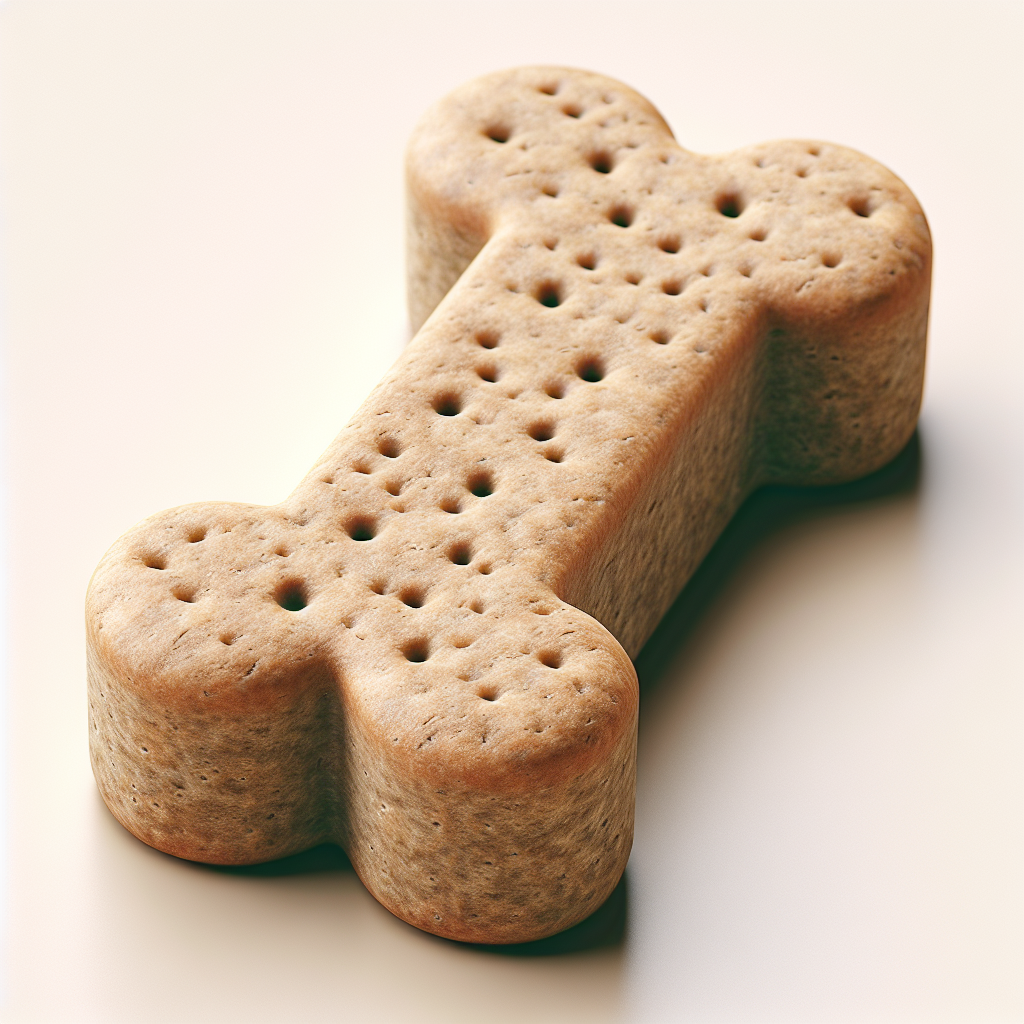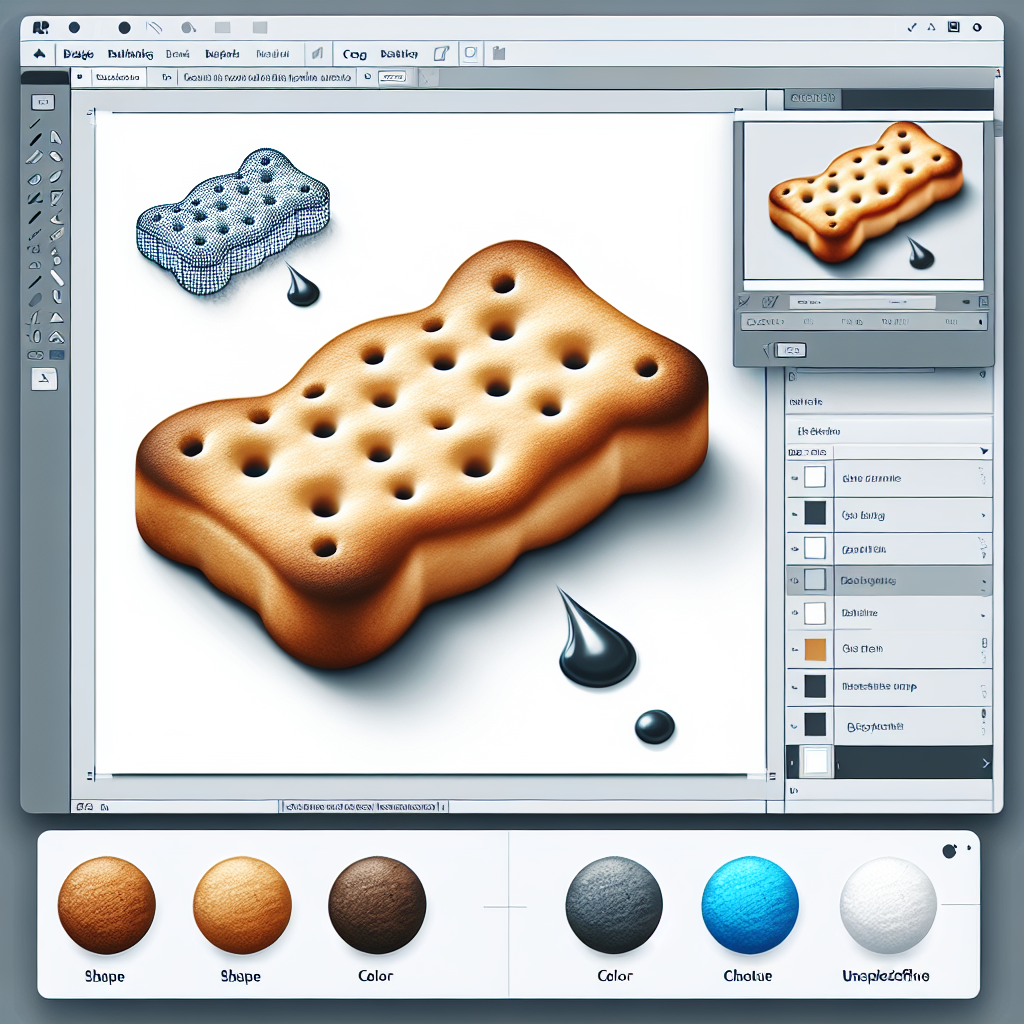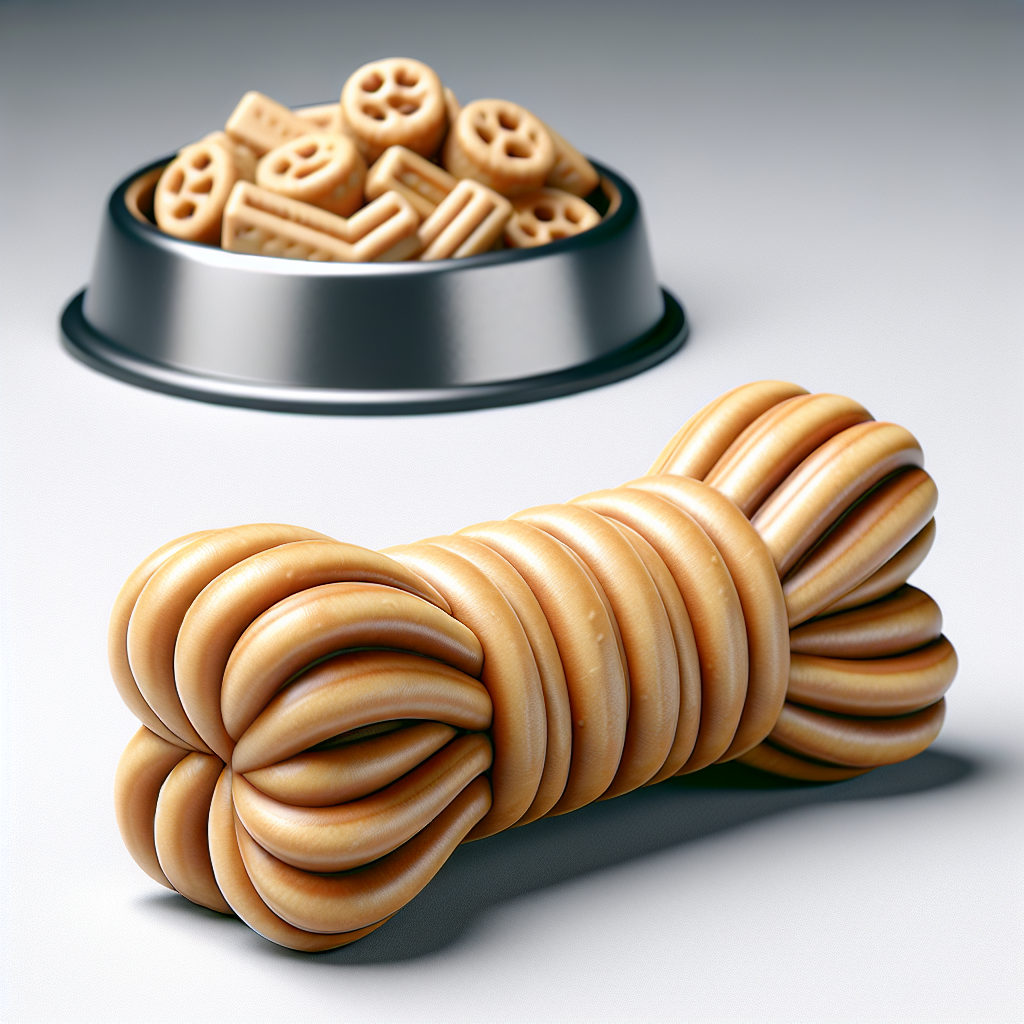Are Milk Bone Dog Treats Bad for Your Dogs? Truth Revealed!
Many dog owners have pondered over the question: Are milk bone dog treats bad for dogs? It's essential to understand what goes into these popular treats to unveil the truth. Milk Bone dog treats have been a staple in pet households for years, offering a range of flavors and sizes to appeal to different canine preferences. However, recent concerns about their ingredients have prompted pet owners to scrutinize their safety and nutritional value.
Some key points of contention include the use of by-products, artificial colors, and preservatives. For instance, BHA, a preservative found in some Milk Bone treats, has been identified by various health organizations as a potential risk for pets when consumed in large quantities. Additionally, artificial colors and flavors, while making the treats more appealing to dogs, contribute no nutritional value and may pose health risks over time.
It's not all bad news, though, as Milk Bone dog treats also contain vitamins and minerals that can support canine health. The key is moderation and understanding the specific needs and sensitivities of your dog. As a responsible pet owner, it's crucial to read labels carefully and consult with a veterinarian when introducing new treats into your dog's diet.
Treat your furry friend to the joy they deserve with our range of delicious and nutritious dog treats.
Exploring the Ingredients of Milk Bone Treats
Delving deeper into the ingredients of Milk Bone dog treats, it becomes clear why some pet owners are concerned. The primary ingredients often include wheat flour, meat and bone meal, sugar, and animal fat. While these components are not inherently harmful, they may not align with the dietary preferences or needs of all dogs, especially those with allergies or sensitivities to grains or certain proteins.
Furthermore, the presence of sugar in the treats is worth noting. Though it can enhance taste, excessive sugar intake can lead to dental issues and weight gain in dogs. The inclusion of animal fat, while a source of energy, is not always sourced transparently, raising questions about its quality and sustainability.
On the flip side, the addition of fortified vitamins and minerals such as vitamin E, vitamin B12, and calcium can be beneficial for your dog's health, contributing to a strong immune system and healthy bones. It's important to weigh the pros and cons of these ingredients and consider how they fit into your dog's overall diet.
By understanding the ingredients that go into Milk Bone treats, pet owners can make more informed decisions about what to feed their companions. While some ingredients may raise eyebrows, others offer nutritional benefits that can be part of a balanced diet. Always ensure that treats are given in moderation as part of a well-rounded nutritional plan.
The Nutritional Profile of Milk Bone Dog Treats

When assessing the nutritional profile of Milk Bone dog treats, it's essential to consider both the macro and micronutrient contents. Each treat typically provides a mix of protein, fat, and carbohydrates. Protein is crucial for muscle maintenance and overall health, but the quality and digestibility of the protein sources in Milk Bone treats may vary. The fat content, primarily from animal fat, provides energy but should be fed in moderation to avoid weight gain.
Carbohydrates, primarily from wheat flour, serve as an energy source and contribute to the treat's structure. However, for dogs with grain sensitivities or those on a low-carb diet, these may not be ideal. It's also worth noting that some formulations may include artificial colors and preservatives, which have been met with skepticism by health-conscious pet owners.
In terms of micronutrients, Milk Bone dog treats often contain added vitamins and minerals to support overall health. This includes vitamins A, D, and E, which are important for vision, bone health, and antioxidant properties, respectively. The treats may also contain various B vitamins, which play roles in energy metabolism and neurological health.
While Milk Bone dog treats can provide some nutritional benefits, they should not replace a complete and balanced diet. They are best used as a supplementary snack, ensuring that your dog's primary nutrition comes from high-quality dog food that meets all their dietary requirements. Always consult with your veterinarian to understand the appropriate treat portion size for your dog, considering their specific health needs and lifestyle.
Potential Health Concerns with Milk Bone Treats

While Milk Bone dog treats are a popular choice among pet owners, there are potential health concerns that have been raised regarding their ingredients. One of the primary concerns is the inclusion of BHA (Butylated Hydroxyanisole), a chemical preservative that has been listed as a potential carcinogen by the International Agency for Research on Cancer. Although it is approved for use in pet foods in low quantities, some pet owners opt for treats without artificial preservatives.
Another ingredient that has come under scrutiny is by-product meal, which is a rendered product from animal tissues. The source and quality of these by-products can be inconsistent, and they may not provide the most nutritionally-rich form of protein for dogs.
Additionally, some Milk Bone treats contain sugar and high fructose corn syrup, which can contribute to obesity, dental problems, and diabetes when consumed in large quantities. Dogs do not require sugar in their diets, and many owners prefer to avoid treats containing sweeteners.
For dogs with food sensitivities or allergies, the presence of common allergens like wheat and soy in Milk Bone treats can be problematic. These ingredients can trigger allergic reactions, digestive issues, and other health problems in sensitive dogs.
It's important for pet owners to closely examine the ingredient list of any dog treats and to be mindful of any known sensitivities their pet may have. Consulting with a veterinarian can provide guidance on the best dietary choices for your dog's individual health needs. When in doubt, opting for treats with fewer and more natural ingredients can help minimize the risk of adverse reactions and promote better health for your furry friend.
Healthy Alternatives to Milk Bone Dog Treats

Concerns about the ingredients in Milk Bone dog treats have led many pet owners to seek healthier alternatives. Fortunately, the market offers a variety of options that prioritize natural ingredients and nutritional benefits. Homemade dog treats are a great option for those who want to control exactly what goes into their pet's diet. Simple recipes using ingredients like pumpkin, peanut butter, and oats can be both nutritious and delicious for your dog.
For those preferring commercial treats, look for brands that use whole food ingredients and avoid artificial preservatives and fillers. Treats made with real meat, fruits, and vegetables offer a rich source of protein, fiber, and essential nutrients without unnecessary additives.
Single-ingredient treats, such as dehydrated sweet potato slices or freeze-dried liver, can be excellent alternatives that are both tasty and simple. They lack the complex mix of ingredients found in some commercial treats, reducing the risk of allergies and sensitivities.
Another popular alternative is chews made from natural animal products, like bully sticks or dried fish skins. These can provide the added benefit of dental health maintenance through the natural chewing process.
When selecting treats for your dog, always consider their individual dietary needs, such as calorie content for weight management or specific nutrients for health conditions. It's also advisable to consult with a veterinarian, especially if your dog has health issues that could be impacted by their diet.
By choosing healthier alternatives to Milk Bone dog treats, pet owners can feel more confident in providing their dogs with treats that are not only enjoyable but also contribute to their overall well-being.
Understanding How to Choose Safe Dog Treats

Selecting safe dog treats for your canine companion involves more than just avoiding brands like Milk Bone that may contain questionable ingredients. It's essential to understand the specific health needs and allergies of your pet. Always check the label for high-quality protein sources, natural preservatives like vitamin C or E, and whole food ingredients. Look out for treats with a certification from reputable organizations, which can indicate they have undergone rigorous quality control.
Dog owners should also consider the size and texture of treats, especially for smaller dogs or those with dental issues, to prevent choking hazards or digestive problems. Regularly rotate treats to provide variety and avoid overexposure to any single ingredient that could cause sensitivities over time.
Transparency from manufacturers is another key factor. Companies that are open about their sourcing and production processes tend to be more reliable. Don't hesitate to contact them directly with any questions about their products. Additionally, reading reviews and asking for recommendations from other pet owners or veterinarians can be invaluable when choosing the safest options for your dog.
Remember, treats should only make up a small percentage of your dog's daily caloric intake. Maintaining a balance with their regular food is crucial for good health. When in doubt, it's always best to consult with a veterinary professional who can provide guidance tailored to your dog's unique needs.
Explore our premium selection of dog treats that are crafted with your dog's health and happiness in mind, providing peace of mind and a wagging tail.






